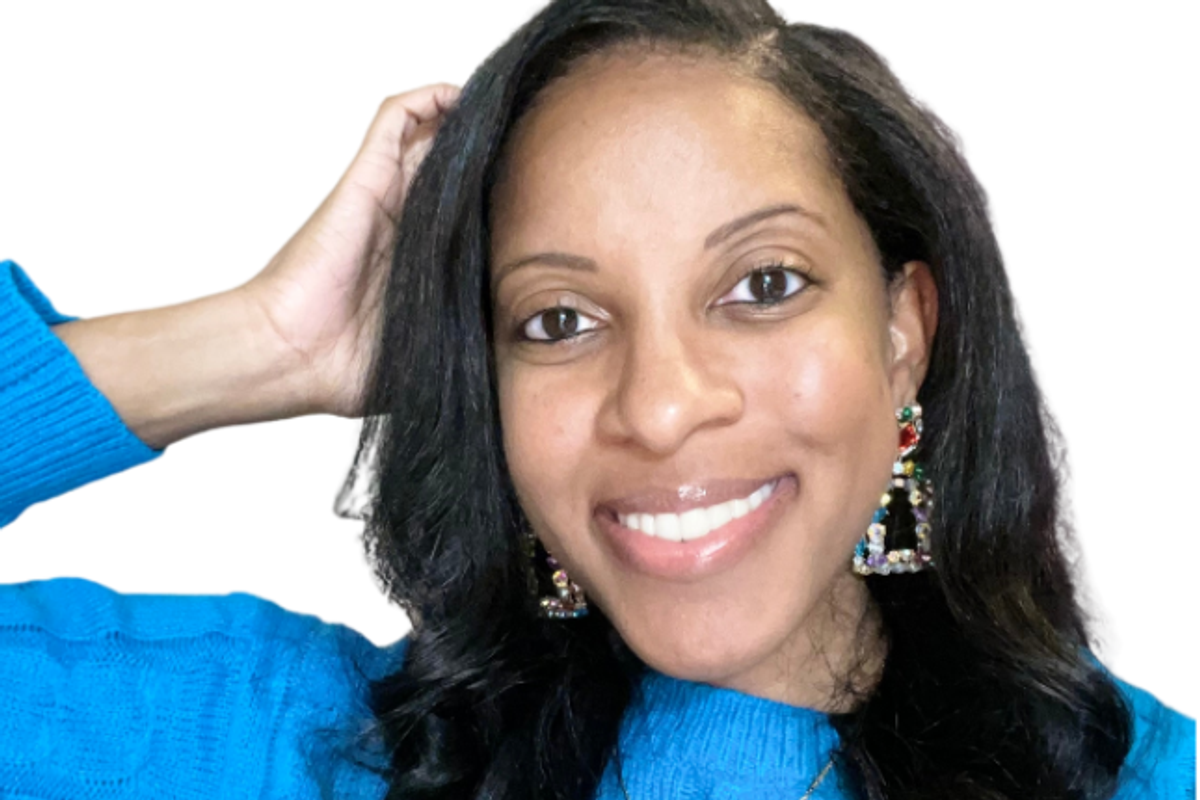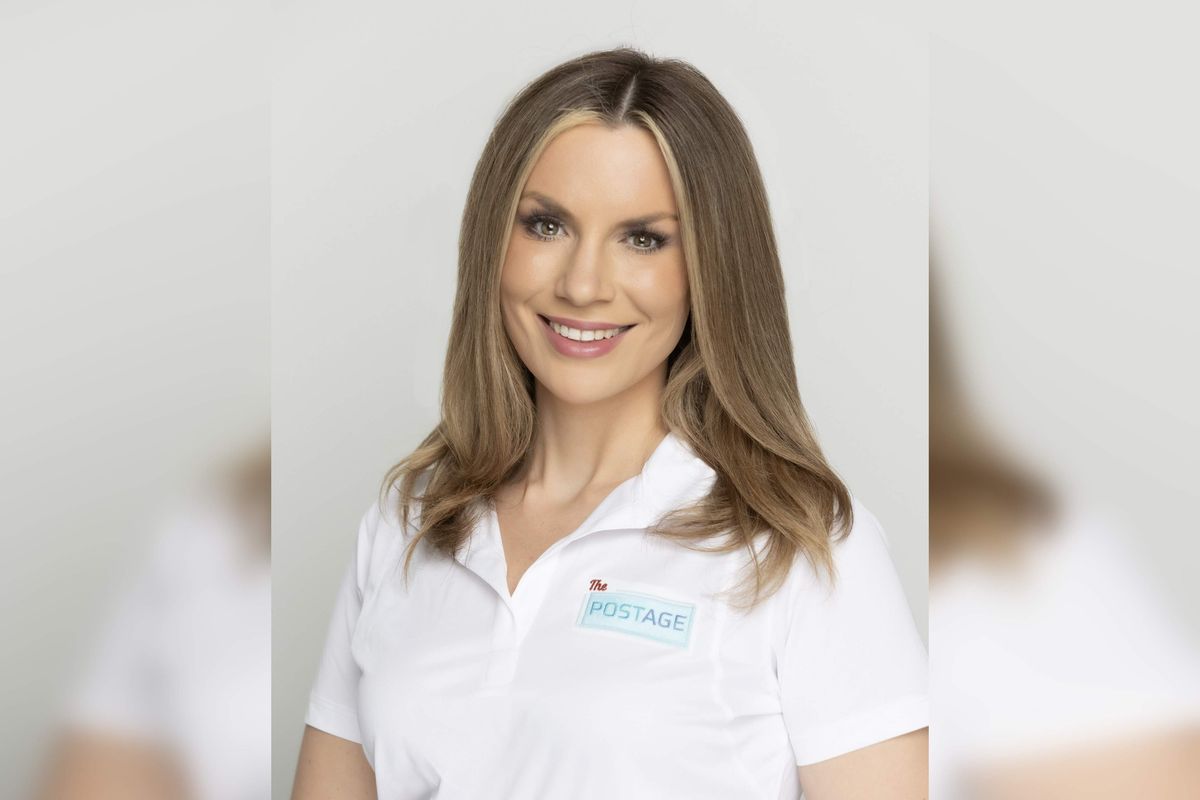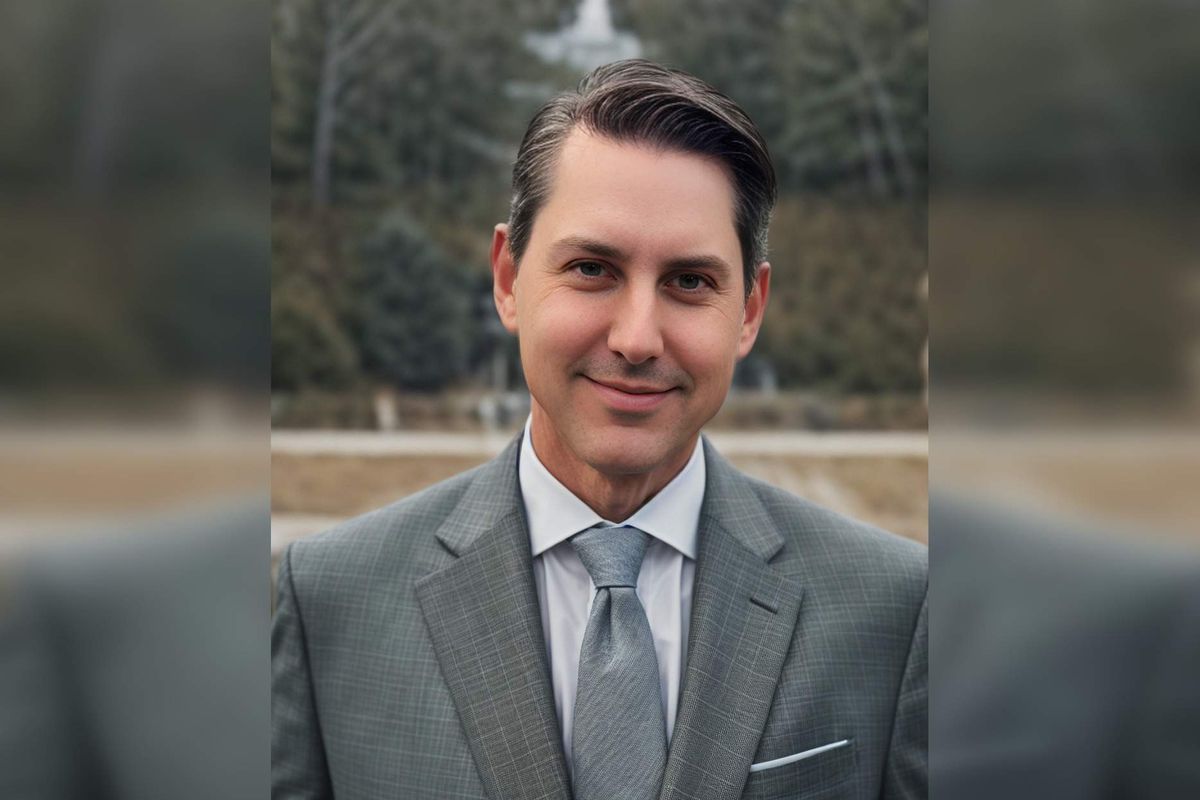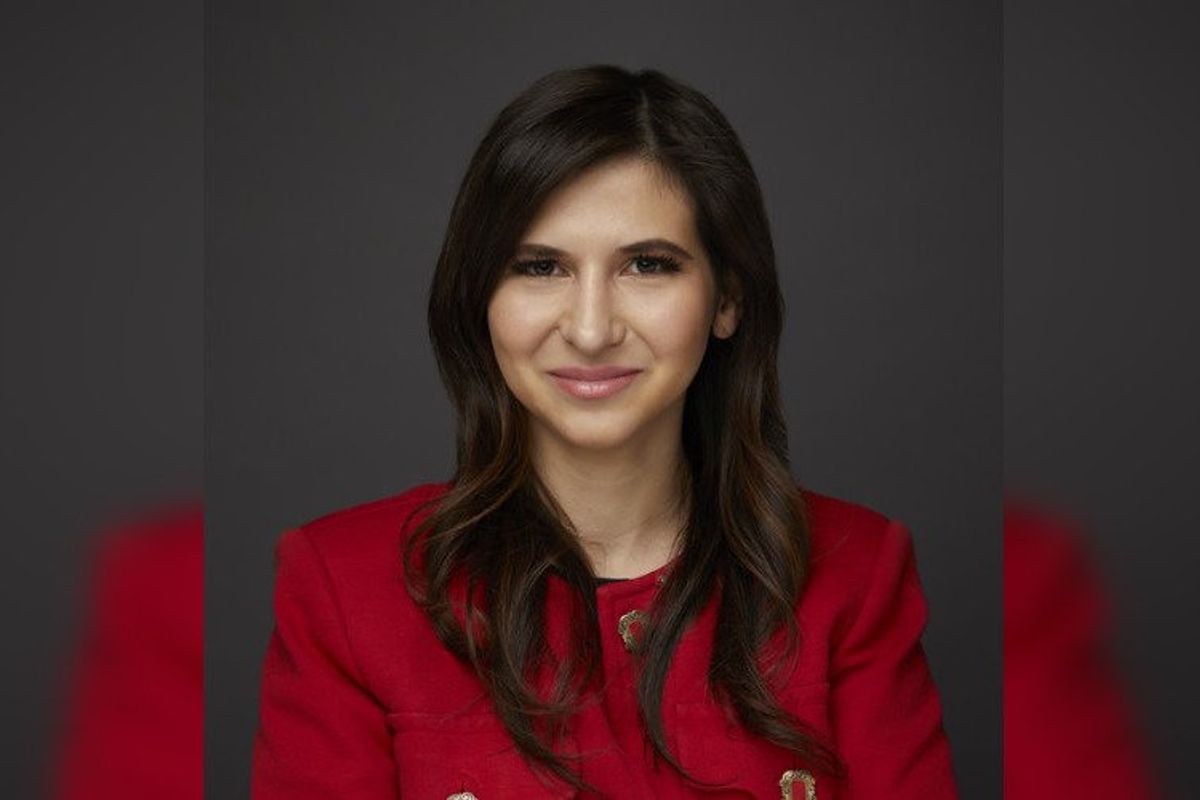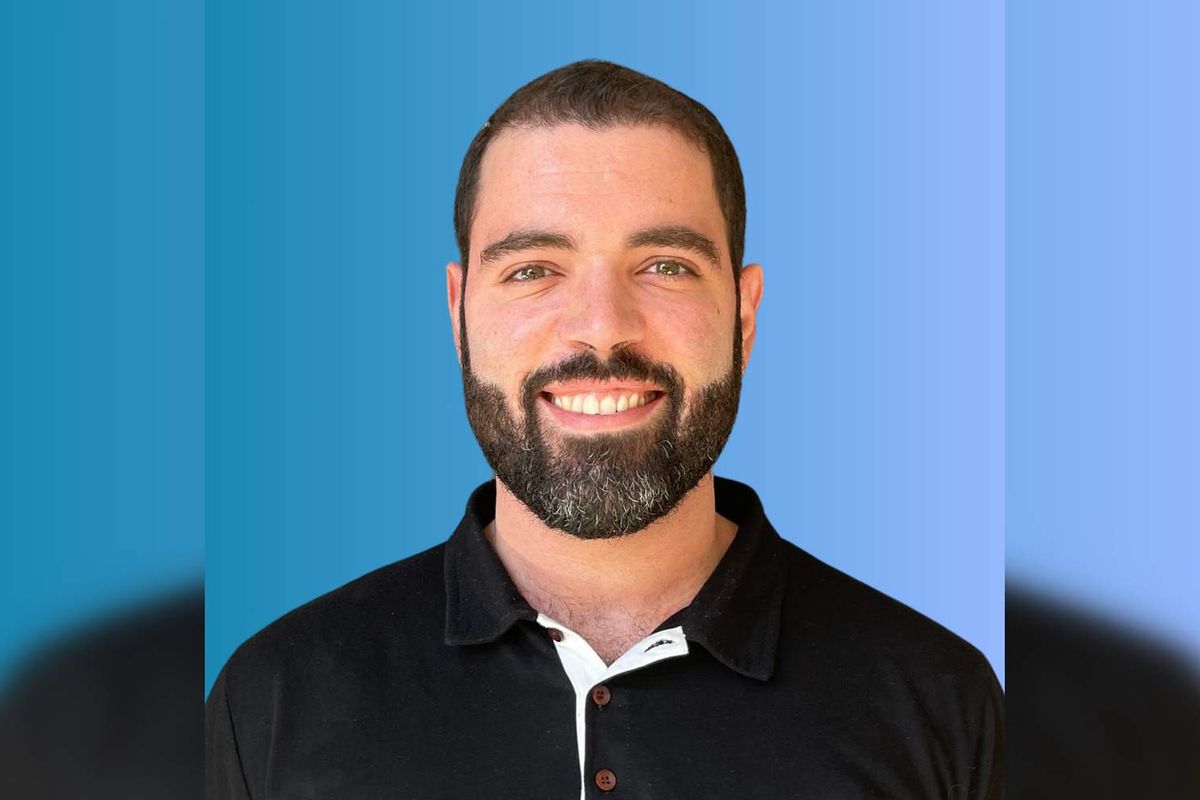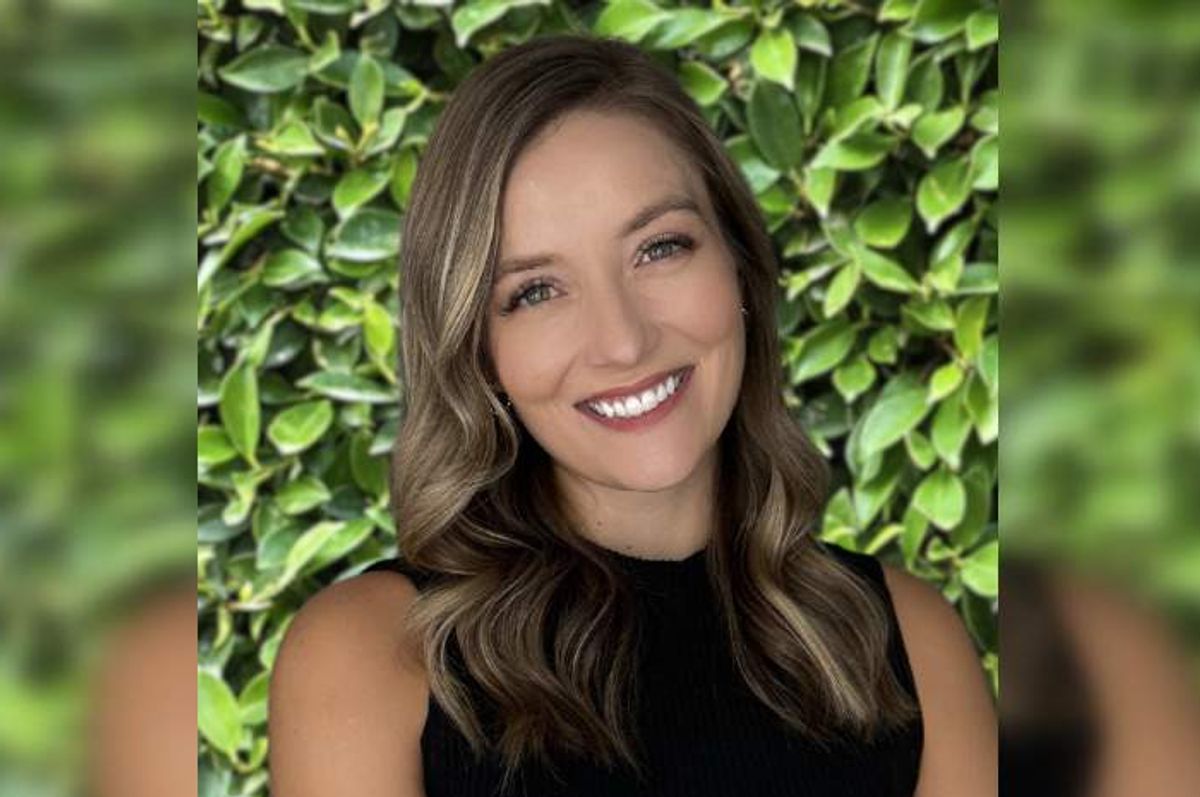Houston founder aims to help find your purpose, make strategic connections over a cup of coffee
cheers
What is your purpose in life? One Houstonian is asking that question of his fellow entrepreneurs all across town.
Joey Sanchez founded Cup of Joey, a weekly meetup opportunity for innovators, business leaders, and the whole Houston community. The events are a place not only to share a cup of coffee but also their very own mission in life.
What is your Y?

It all started in 2021 at the Houston Tech Rodeo, an initiative from Houston Exponential, where Sanchez worked as a director of corporate engagement. Texas had just opened social distancing in public events since the beginning of the COVID-19 pandemic, and Sanchez was finding ways to reconnect the Houston community.
‘We thought what better way than over a cup of coffee?” Since then, Sanchez has connected thousands of people based on purpose every Friday for the past three and a half years.
The difference between a regular networking event and a Cup of Joe is the why.
“We ask everybody what is their why and what is their purpose in life. That is a powerful, deep question that many have not contemplated in their life, but when they are asked, they usually come up with a pretty profound answer," he says.
After great success at Houston Exponential, he brought the Cup of Joey to The Ion, taking on the role of senior director of ecosystems. When he left in January 2024, he started to think of ways to transform this success into a business model that would allow him to expand Cup of Joey across multiple locations in Houston.
Today, Cup of Joey has meetups in Sugar Land Town Square, The Cannon West, The Woodlands, the Houston Space Center, and, beginning this month, Memorial City.
He also recognizes the importance of his volunteers and ambassadors for helping him open these doors. “They are the real super connectors,” Sanchez says.
The community builder

Born and raised in Sugar Land, Sanchez has always been a community builder; from his time at Elkins High School to Jacksonville University in Florida, where he was student body president and created the university's hand symbol while completing his studies in Business Administration.
After attending Jacksonville University, Sanchez began his career in Houston's energy industry at National Oil Well Varco. Later, he landed at the Greater Houston Partnership as a business director, where he learned about the local business ecosystem and how all the players come together “to help the city become a better place for all,” he explains.
Additionally, in 2015, Sanchez and his wife Kelly's curiosity during a bike ride led to the creation of the Blue Tile Project, which celebrates Houston's unique blue tile street signs and showcases the beauty of the city's civic image.
“We are a very diverse, spread-out city, and through my career, I've learned that density helps create innovation. When you have density, you have connections, which are amongst like-minded or opposite people to create companies that matter,” he adds.
Opportunity model and future expansion

Cup of Joey’s business model relies on co-hosting opportunities, where organizations sponsor events, focusing on people and purpose.
"Imagine if everybody who had a coffee from a local coffee shop to your corporate office actually thought about what they're doing in their life, instead of just drinking mindlessly 10 cups of coffee a day,” he says.
This is Sanchez's dream: building a connection brand that will “create purposeful relationships and change the future for good.”
While focused on Houston, he has had conversations with other Texas cities, such as Round Rock, Texas, San Antonio, and Dallas.
In West Houston, he recently partnered with MetroNational to host three Cup of Joey’s at Memorial City during October. The first one was successfully launched this week.
“At Metro National, we really believe in investing in what moves our city forward: people and their ideas. With a legacy of 70-plus years, at MetroNational we believe innovation drives forward, but it's also human-centric,” explains Joanne James, vice president of communications at MetroNational.
Cup of Joey at Memorial City will continue on October 15 and 29 from 8:30 to 10:30 am at 820 Gessner. For more information about future events and locations, check out the website.

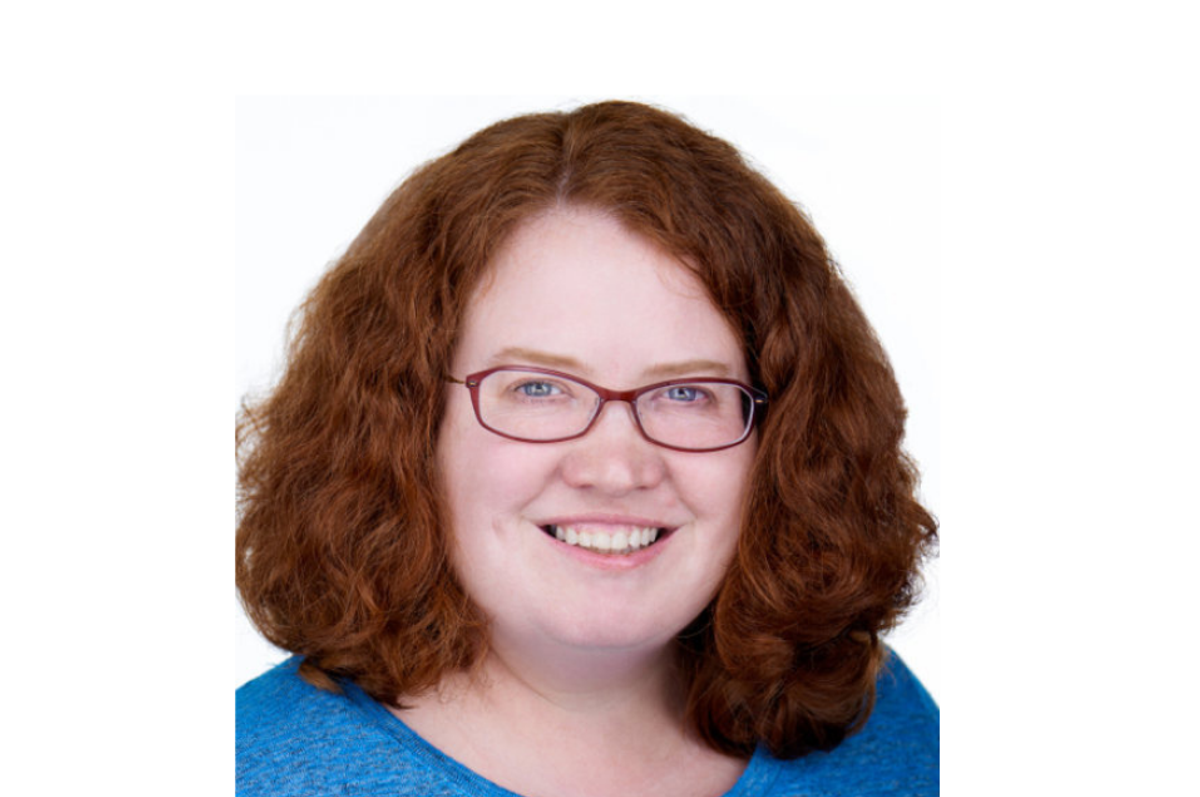 Houston data scientist joins medical device startup amid AI evolution in the sectorAngela Wilkins joins the Houston Innovators Podcast to discuss the intersection of data and health care. Photo courtesy
Houston data scientist joins medical device startup amid AI evolution in the sectorAngela Wilkins joins the Houston Innovators Podcast to discuss the intersection of data and health care. Photo courtesy
